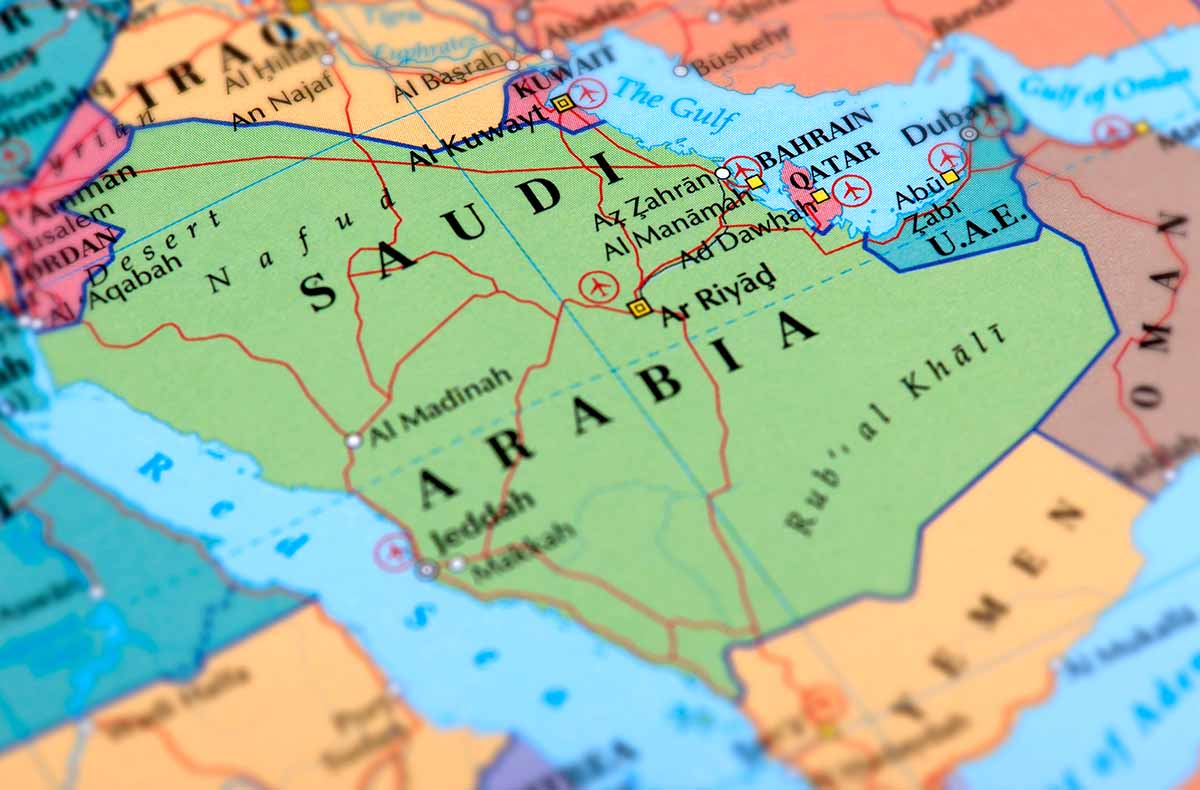
After extensive negotiations, Russia and India suspended efforts to transact in rupees, a blow to the aficionados of cheap Russian fossil fuels. Trading in rupees would have allowed the Indian buyers of Russian oil and gas to avoid the conversion costs. However, Indian officials raised objections over concerns that Moscow would end up accumulating a significant surplus of rupees, leaving them at a disadvantage.
This development is the attempt by India and other countries to profit from the price cap on Russian oil and the sanctions against other commodities imposed by the G7 and the European Union. Russia is trying to circumvent these financial constraints by going to a new set of buyers. However, mechanisms to bypass international sanctions are not the only financial concern that has brought Russia and India together. Both countries are also members of an increasingly empowered alliance, consisting of some of the leading non-NATO/non-Western economies—Brazil, Russia, India, China and South Africa (BRICS).
The original aim of BRICS was the establishment of an equitable, democratic and multi-polar world order—a sort of post-colonial, post-Cold War effort to counter U.S. economic dominance. South Africa joined later, and BRICS transformed from a purely economic bloc seeking better terms for the leading developing economies to a political alliance.
While India remains a close U.S. ally on defense and on various trade issues, other members have been allies of convenience at various times. Brazil’s populism has repeatedly switched between a hard leftist opposition to U.S. dominance of the West to an equally populist right-wing alternative, most closely associated with Jair Bolsonaro and Donald Trump. The forms of populism friendly to the U.S. never addressed the underlying social, political and economic issues—such as high crime. Therefore, neither did they address the ideological sentiments resulting in anti-American resentment.
South Africa has retained some of the strongest anti-colonialist sentiments on the continent. Ironically, instead of viewing Russia and China as neo-colonial powers seeking to exploit the natural resources of developing African countries, it has projected that sentiment onto the U.S.
At various points, BRICS members looked for pathways to get around sanctions imposed by the United States and avoid financial accountability, such as austerity measures imposed by international institutions such as the World Bank and the International Monetary Fund (IMF), which Washington dominates. Brazil’s President Lula, in the past, embraced Venezuela’s idea of an alternative currency. Corruption, a poor economy and regional differences prevented Latin American countries from developing joint currencies, which could be effective in undermining the dependency on the dollar.
However, BRICS as a bloc boasts stronger economies than individual Latin American countries. After the start of the Ukraine war, Russia and China aggressively moved forward to attempt a de-dollarization of international financial systems and evade sanctions. The initial plan was to get other countries to adopt the ruble and the yuan as alternatives to the dollar. That scheme crumbled quickly. Although several countries agreed to accept certain transactions in a currency other than the dollar, the greenback remained the leading currency. The reasons for the caution included risk aversion inherent to banking systems and China’s reputation for manipulating the value of its currency.
Still, as assorted sanctions accumulated, the issue became more pressing, particularly for Russia, whose economy is taking a serious hit due to de-SWIFTING, which means being frozen out of most of the international financial systems.
Russia, China and Iran have begun cooperating to develop localized alternatives to the SWIFT system to circumvent sanctions, profit from the trade in fossil fuels and other commodities and undermine the U.S. role in leading the world’s financial order. Weakening the U.S. became a goal in itself for the new axis of resistance.
With the yuan facing obstacles and Iran’s currency in free fall, Moscow and Beijing have turned to other allies in BRICS, particularly those who wished either to remain independent and non-aligned, thereby benefiting from the financial tensions between the leading world powers and from the crisis facing Russia. Some members of BRICS see U.S. financial dominance as a zero-sum game that stands in the way of their own success and ability to accumulate power around smaller countries.
What began as largely a quixotic quest gained momentum over the course of the past year, mostly thanks to a Russia-led push in the first quarter of 2023. More than 24 countries reportedly joined the de-dollarization bandwagon. Tunisia formally applied to join BRICS. Saudi Arabia, which announced its willingness to accept non-dollar-based exchange without committing to a full switch, is looking to enter the alliance. Simultaneously, it has agreed to join the Russia and China-led Shanghai Cooperation—an organization that is both an economic and security alliance—as an observer. Riyadh is hedging its bets against the United States more than ever before—in part due to its interest in conducting more business with Russia and China.
This is because of the increasing resurgence of the pro-Islamist nepotistic factions who oppose Crown Prince Mohammed bin Salman’s Vision 2030 reforms. These reforms aim to make the country financially competitive, more transparent and focused on private enterprise. They also aim to transfer power from entrenched families and bureaucratic interests to a more merit-based system that is inclusive of the country’s broader and younger cross-sections of the population. Where the U.S. would have been pushing for the implementation of such a system, China and Russia are perfectly content with the traditional regime.
The most recent member to jump on this anti-American caboose is Syria, which is being reintegrated into the Arab League. This development is in part due to tacit acquiescence from the White House. Syria showed its gratitude by ditching the dollar for the yuan.
While the U.S. has quietly acceded to the non-enforcement of major sanctions against Syria, such as the Caesar Act, Bashar al-Assad is aware that this attitude may change if a new administration—with a different outlook—comes to power. Syria, Tunisia and other countries joining forces to weaken U.S. market authority are seizing the opportunity.
The U.S. has failed to react decisively to having its sanctions and currency challenged by allies and other states have come to see America as a wounded lion. They are now finding safety and courage in numbers to take action that could finish the U.S. off. Then they could jump on the remnants of the kingdom and fight among themselves for their share of the pie. Little do they know that this movement will only strengthen China, which at an opportune time will likely assert its own authority and put an end to independent initiatives by these wannabes.
For now the de-dollarization alliance—specifically BRICS—is focusing less on developing a new joint currency and more on promoting and expanding their own currencies.

